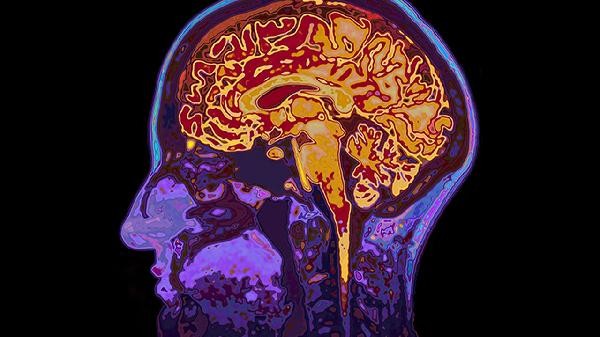The main area of the brain responsible for logical thinking is the prefrontal cortex. The prefrontal cortex is located at the forefront of the brain and is closely related to advanced cognitive functions such as decision-making, reasoning, and problem-solving. The functional integrity of this area plays a crucial role in abstract thinking, plan execution, and emotional regulation, and damage may lead to logical confusion or decreased judgment. The prefrontal cortex is divided into three functional subregions: dorsolateral, ventromedial, and orbitofrontal. The dorsolateral prefrontal cortex is responsible for working memory and complex task planning, such as mathematical operations or strategic planning. The ventral prefrontal cortex is involved in risk assessment and social behavior decision-making, helping to weigh the pros and cons. The orbitofrontal region is related to impulse control and emotion management, ensuring that logical thinking is not overly influenced by emotions. These three sub regions work together to form a complete logical processing network. In addition to the prefrontal cortex, the parietal gyrus region also participates in the process of logical reasoning. This area is responsible for integrating visual spatial information and linguistic symbols, and is particularly active in solving geometric problems or understanding metaphors. When performing logical tasks that require spatial imagination, the corner gyrus will successfully connect with the frontal lobe shape. This cross brain collaboration explains why certain logical abilities may vary due to differences in individual neural connections. The formation of logical ability has developmental characteristics. The complete myelination of the prefrontal cortex in children occurs around the age of 25, which explains the phenomenon of weak abstract thinking during adolescence. Targeted cognitive training, such as board games or programming learning, can promote the optimization of prefrontal neural circuits. Maintaining regular aerobic exercise and adequate sleep can help maintain oxygen supply and synaptic plasticity in the area, which is crucial for maintaining long-term logical thinking ability.











Comments (0)
Leave a Comment
No comments yet
Be the first to share your thoughts!